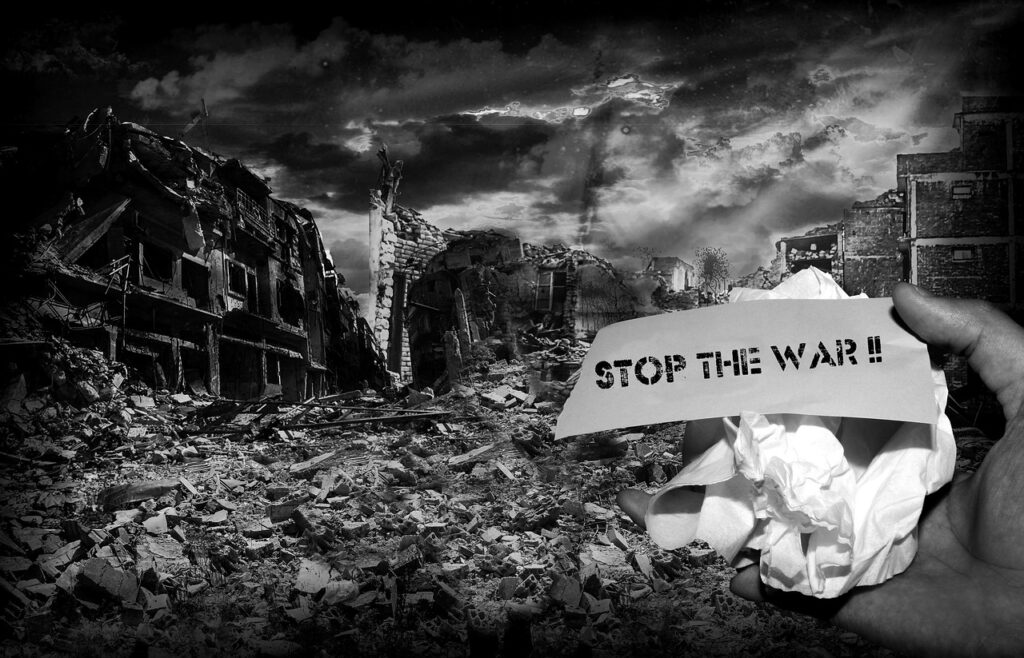
World Humanitarian Day, observed every year on August 19, is a day dedicated to recognizing the selfless efforts of individuals and organizations around the globe who work tirelessly to help those in need. This day not only pays tribute to those who have lost their lives in humanitarian service but also celebrates the spirit of humanitarianism that drives people to make a positive impact in the world. It serves as a reminder of our shared responsibility to help those less fortunate and highlights the importance of global solidarity.
The Essence of Humanitarianism
At its core, humanitarianism is about putting the welfare of others before one’s own. It is driven by a deep sense of empathy, compassion, and a commitment to human dignity. Humanitarians often work in the most challenging environments, including conflict zones, disaster-stricken areas, and regions plagued by poverty and disease. Their work is not limited by borders, race, religion, or politics; it is guided by a universal principle that every human being deserves respect, protection, and assistance.
Humanitarians Making a Difference
Around the world, countless individuals dedicate their lives to humanitarian causes. These heroes of humanity often go unnoticed, yet their contributions are invaluable. Here are a few notable examples:
- Abdul Sattar Edhi (Pakistan): Known as the “Angel of Mercy,” Abdul Sattar Edhi founded the Edhi Foundation, Pakistan’s largest and most organized social welfare system. He dedicated his life to serving the poor, the sick, and the abandoned, providing free hospitals, orphanages, and homeless shelters across Pakistan. His work has saved countless lives and continues to inspire generations.
- Malala Yousafzai (Pakistan): Malala is a global advocate for girls’ education and the youngest-ever Nobel Prize laureate. After surviving an assassination attempt by the Taliban, she co-founded the Malala Fund, which aims to ensure 12 years of free, safe, and quality education for every girl. Her efforts have empowered millions of girls around the world to pursue education and break free from the cycle of poverty.
- Dr. Ruth Pfau (Germany/Pakistan): A German-born nun and doctor, Dr. Ruth Pfau dedicated over 50 years of her life to eradicating leprosy in Pakistan. She founded the Marie Adelaide Leprosy Centre in Karachi, which became a hub for leprosy treatment and research. Her relentless efforts helped Pakistan become one of the first countries in Asia to control the spread of leprosy.
- Dr. Adeeb Rizvi (Pakistan): Dr. Adeeb Rizvi is a renowned Pakistani surgeon and the founder of the Sindh Institute of Urology and Transplantation (SIUT) in Karachi. His institution provides free healthcare services to millions, focusing on urology, nephrology, and organ transplantation. Dr. Rizvi’s dedication to providing quality healthcare regardless of a patient’s ability to pay has made him a beacon of hope for countless people in Pakistan and beyond.
How We Can Serve Humanity
Humanitarian work is not limited to those with medical training or vast resources; every individual can contribute to the well-being of others in their own way. Here are some ways you can serve humanity:
- Volunteer Your Time: Whether it’s working at a local shelter, participating in community clean-up efforts, or offering your skills to those in need, volunteering is a powerful way to make a difference.
- Support Humanitarian Organizations: There are numerous organizations dedicated to humanitarian causes. Donating money, supplies, or even your time to these organizations can help them continue their vital work.
- Raise Awareness: Use your voice and platforms to highlight humanitarian issues. Educate others about the challenges faced by vulnerable populations and advocate for policies that promote human rights and social justice.
- Practice Compassion in Daily Life: Small acts of kindness, such as helping a neighbor, supporting a friend in need, or showing empathy to strangers, contribute to a more compassionate world.
- Educate Yourself and Others: Understanding the root causes of humanitarian crises, such as poverty, inequality, and conflict, enables us to address these issues more effectively. Share your knowledge with others to inspire collective action.
Conclusion
World Humanitarian Day is a reminder that the power to change the world lies within each of us. Whether through small acts of kindness or significant contributions, every effort counts. As we honor the heroes of humanitarian work, let us also commit ourselves to building a more compassionate, just, and inclusive world for all. Together, we can make a difference, one act of kindness at a time.
